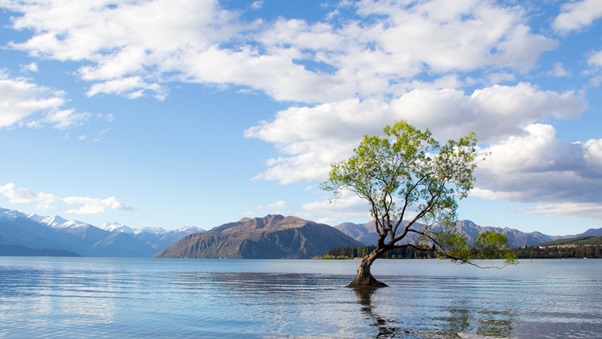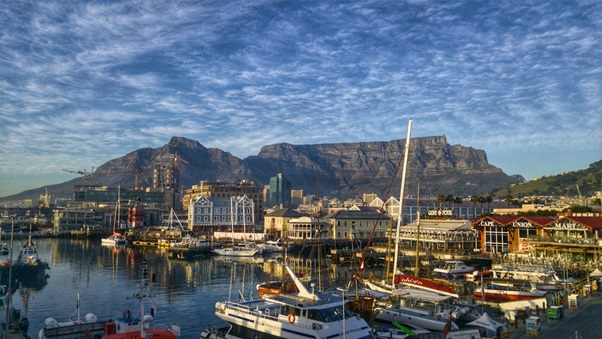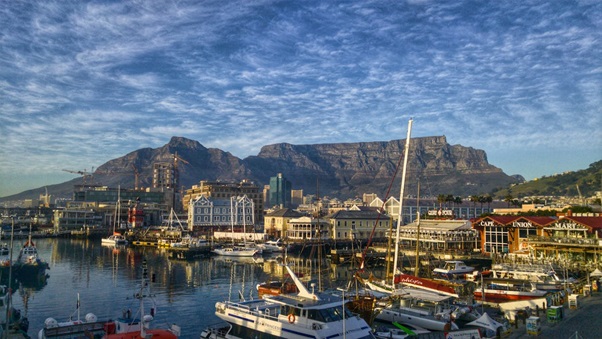The global trend, over the past 5 years, has been for countries to take an increasingly tolerant approach to the world of online gambling. In the United States for example more and more individual states are legalising online gambling and sports betting each year.
This trend, however, is seemingly being followed in the Philippines but just in reverse, with President Ferdinand Marcos Jr set on not only banning overseas online gambling companies from operating in the country but also banning the industry altogether.
Whether that is a good idea or not is a matter for politicians to discuss, and it is one which we will leave out of today’s article. Rather, our focus today is comparing the gambling market here in the Philippines to other countries in the Southern Hemisphere.
To find out how our domestic gambling industry acts as a means of entertainment compared to those of Australia, New Zealand, and South Africa, read on…
New Zealand
Whereas recent law changes in America have only just opened punters’ eyes to the possibilities of gambling online, gamblers in New Zealand have been enjoying an open, online gambling market since 2003. As a result, there are a huge number of established online casinos all fighting to attract customers, the sheer range of choices can make it difficult for players to know where to start. Due to this, we’ve seen comparison sites pop up almost everywhere and across every sector. A company like this analyses gambling sites as a way to help regulate the sector.
As such, the online gambling market in New Zealand has had a long time to establish itself and has become perhaps more significant to the gambling industry overall than land-based casinos and slot machines. This level of regulation is something we unfortunately haven’t seen in the Philippines, with many online casinos in the country being linked to scams due to a lack of oversight.
One benefit to that long period of legalisation is that it has allowed regulatory bodies ample time to adjust to the market and provide punters with the relevant protections. New Zealand’s bright joint future with the online gambling sector is in stark contrast to our own, here in the Philippines.

Australia
Like their antipodean counterparts, Australia was an early adopter of online gambling legalisation, with the Interactive Gambling Act of 2001 legalising the activity. The fact, however, that online gambling isn’t thriving as much in Australia as it is in New Zealand is a testament to the uniqueness of different populations.
Whereas gamblers in New Zealand seem to be able to view online casinos and sports betting sites as tools of leisure, Australian gamblers, on the whole, have a far harder time in restraining themselves.
That’s perhaps down to the country’s historic laissez-faire attitude to gambling enforcement, which saw slot machines – or “pokies” as they are known colloquially – placed in not only bars and casinos, but in stores, gas stations, and bus stations.
As a result of that, in percentage terms, Australia has had one of the highest rates of problem gamblers in the Southern Hemisphere. Despite recent updates to legislation and measures taken by pressure groups, online gambling, and gambling, in general, is still the cause of several social issues in the Land Down Under.
South Africa
To bring us full circle, South Africa is a country in the Southern Hemisphere with a gambling industry that most closely resembles ours here in the Philippines. In South Africa, just like here, you will find no shortage of land-based casinos to enjoy, however, online the story is much different.
When online gambling was legalised in 2008 by the South African government, not much thought was put into where operators would come from. As a result, the majority of South Africans wager online with overseas gambling companies, particularly those based in the United Kingdom.
Recent updates to legislation this year have made it much harder for overseas companies to gain licenses in South Africa and have, at the same time, made it easier for domestic providers to obtain remote gambling licenses.
The job of convincing South Africans who have built up a sense of loyalty with overseas providers to switch to new, homegrown companies will be a big one that will take time.

In Summary
It’s impossible to generalise online gambling as the attitudes toward it and legislation around it vary wildly from one country to another. What will be interesting, however, is comparing and contrasting how South Africa and the Philippines’ different approaches to the issue of overseas gambling providers work out.
Will South Africa’s softer approach eventually lead to a thriving, domestic online gambling industry or will the Philippines’ more drastic action bear quicker and better results? Only time will tell which gamble pays off and which one doesn’t.
